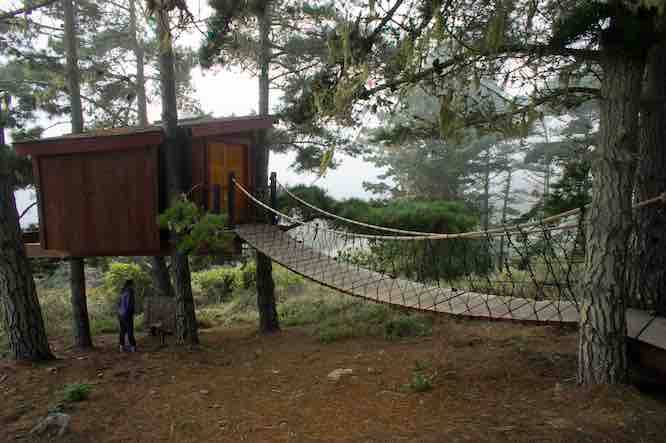
Our forefather’s pioneer spirit of venturing into the wild in covered wagons, splitting logs for the fire and lighting oil lamps for reading may seem romantic but using an outhouse and pumping well water may be fine for a weekend but not for a lifetime.
Today’s off the grid homes require a high degree of careful and savvy construction.
Structures often utilize oil lamps and steel pre-assembled for easy transportation. Highly insulated and well-sealed exterior envelopes, these homes are not shacks, but deliberately built structures designed to minimize their footprint and energy consumption.
When one goes offline, they’ll need a lot of creativity and fortitude.
The challenge is to remain independent while tethered to society without compromising one’s quality of life.
Generally, this means replacing energy supply with renewable alternatives. Providing energy can be a high-tech combination of photovoltaic panels, geothermal energy and/or wind turbines.
Efficient energy storage is essential. A 3kW solar panel system can produce sufficient energy for a small family. Their cost may vary and battery storage costs are dropping.
Alternative wind turbines could produce up to 5kW of energy but is unpredictable and dependent upon location. For sure, one will need a gas generator as back up.
Commercial structures strive for NZE, Net Zero Energy use. Here a building collects daily renewable energy and gives back its excess to the electric grid for a net zero energy consumption.
This may work for commercial structures during the day when closed at night but isn’t practical for residential which is generally morning and evening occupied when little or no renewable energy is available.
Residential uses will be dependent upon battery storage, which is both expensive and requires a significant amount of energy to produce. Near Net Zero (NNZE) is probably the best compromise.
We can adapt. Once we purchased our mass-produced sourdough bread but now we all love our homemade rustic loaves.
Rather than taking individual homes off the grid, we should be looking at integrating our neighborhoods to be more self-reliant and as independent as practical.
This is not science fiction. The technology is here today and the less dependent we are on monopolistic service providers, the better we all will be. This would also help lessen our carbon addiction.
The more renewable energy we create, the stronger our whole society will become.